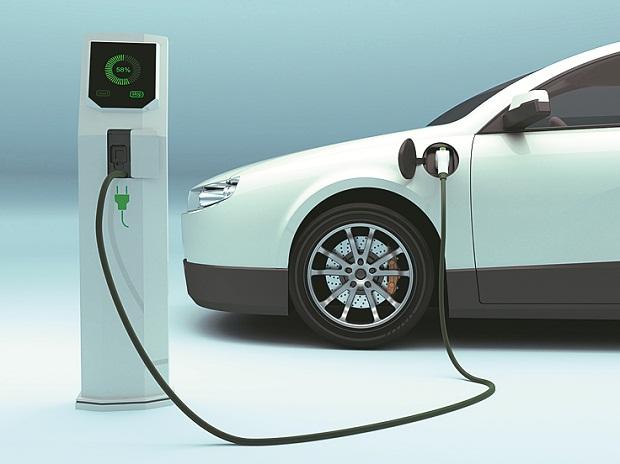For Wan, a mechanical engineer trained in Germany, the shift toward hydrogen is a natural step in realizing a vision of having electric cars dominate inner-city traffic
His vision to make China an electric-vehicle powerhouse revolutionized the global auto industry, cementing a move away from the combustion engine. Now, Wan Gang says get ready for the next game-changing moment. The world’s biggest car market is set to embrace hydrogen fuel-cell vehicles the way it did Electric Vehicles, Wan, who’s been called the father of China’s electric-car movement, said in a rare interview in Beijing on June 9.
A former Audi executive who went on to become China’s science-and-technology minister, Wan convinced leaders two decades ago to bet on the then-untested technology of vehicle electrification, selling it not only as a way to boost economic growth but also to tackle China’s dependence on oil imports and its mounting levels of pollution. His strategy — using government subsidies to bring carmakers and drivers on board — made China home to one of every two EVs sold globally today. And now it’s hydrogen’s turn, Wan said.
“We should look into establishing a hydrogen society,” said Wan, 66, who’s now a vice chairman of China’s national advisory body for policy making, a role that ranks higher than a minister and gives him a voice in the nation’s future planning. “We need to move further toward fuel cells.” That means the government will commit resources to developing such vehicles, he said. While China plans to phase out the long-time subsidy program for the maturing EV industry next year, government funding for fuel-cell vehicles may stay in place to some extent, Wan said.
Shares of some hydrogen-related companies rose. Jiangsu Huachang Chemical Co., which develops hydrogen pumping stations, advanced as much as 4.3 per cent Thursday in Shenzhen. Shanghai Tongji Science & Technology Industrial Co. and Lanzhou Great Wall Electrical Co., which are both invested in the fuel-cell vehicle industry, rose in Shanghai.
Despite the backing of industry giants such as Toyota Motor Corp. and the benefits of fuel-cell vehicles — they refuel faster and are more suitable for driving long distances than all-electric vehicles — the technology hasn’t caught on amid expensive prices. But China has the muscle to change all that should it make hydrogen-powered vehicles a national priority — the type of turning point the industry has been waiting decades for.



No comments:
Post a Comment